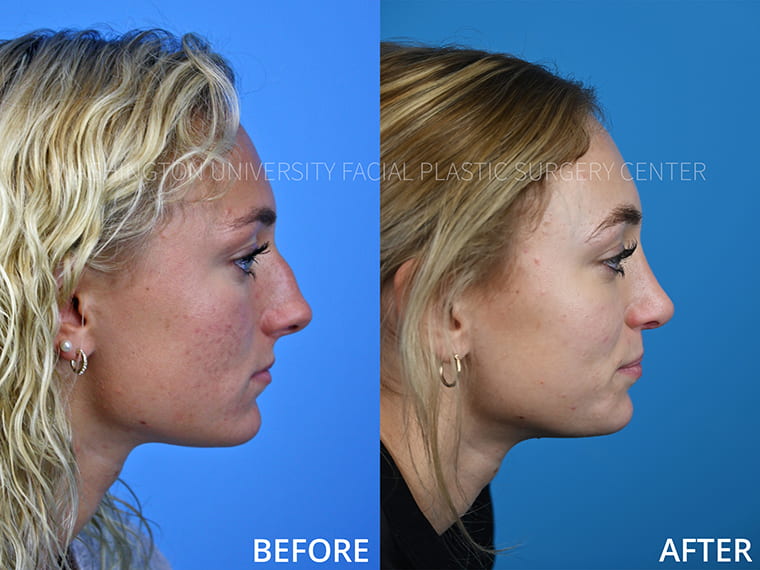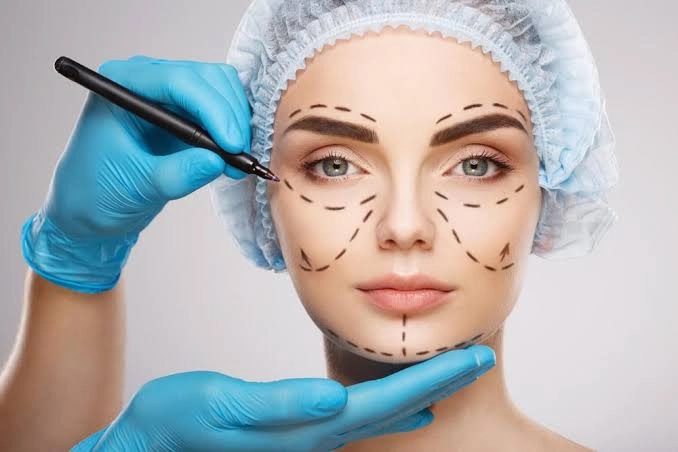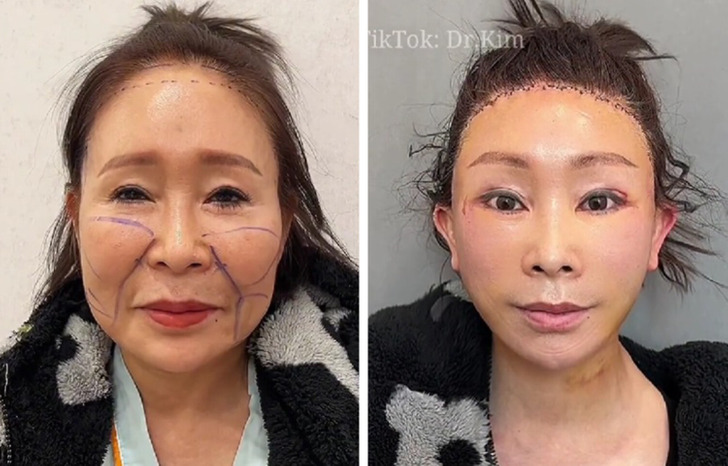Facelift Rancho Cucamonga: Smooth Wrinkles and Tighten Up Skin for a Younger Look
The Effect of Self-Image on Decision-Making: Factors Why Lots Of People Pursue Plastic Surgery for Physical Change
The interplay between self-image and decision-making is a complicated sensation, particularly obvious in the boosting fad of people choosing plastic surgery as a way of physical transformation. Inspired by a need to satisfy individual suitables and societal expectations, lots of individuals grapple with concerns of self-esteem that can significantly influence their choices. As exterior stress from social media and social standards magnify sensations of insufficiency, a critical question arises: what are the underlying emotional variables that drive this pursuit of altered looks, and what implications do these decisions hold for individuality and wellness?
Recognizing Self-Image
Self-image describes the psychological photo and perception an individual holds regarding themselves, encompassing aspects such as physical appearance, personality type, and overall self-respect - mommy makeover rancho cucamonga. This inner depiction dramatically affects how people engage with the world and can be a driving force behind various life choices, consisting of the choice to go through plastic surgery
A positive self-image frequently correlates with greater self-worth and a feeling of self-confidence, promoting an aggressive approach to life. Conversely, an unfavorable self-image may cause feelings of insufficiency and frustration, triggering individuals to seek exterior options to viewed problems. This mission for renovation can manifest in the desire for physical improvement via cosmetic procedures.
In addition, social standards and social impacts play a pivotal role in forming self-image. The pervasive nature of media and peer comparisons can enhance sensations of insecurity, encouraging individuals to change their appearance in quest of approval or approval. Recognizing these characteristics is important in comprehending the motivations behind cosmetic surgery. Ultimately, self-image is an intricate construct that links with emotional wellness, social expectations, and individual aspirations, making it a crucial consider the decision-making procedure regarding cosmetic improvements.
Psychological Elements at Play
Countless mental aspects affect a person's decision to pursue plastic surgery, typically rooted in deeper cognitive and emotional processes. One significant factor is low self-worth, which may develop from unfavorable self-perceptions or dissatisfaction with one's appearance. People with diminished self-respect may think that modifying their physical functions will improve their general value and approval in social contexts.
In addition, the principle of body dysmorphic condition (BDD) plays a crucial duty. Individuals experiencing BDD experience a compulsive concentrate on viewed defects in their look, leading them to look for medical intervention as a remedy. This uncontrollable need for change can substantially misshape their self-image, driving them to pursue procedures in spite of the potential for unfavorable end results.

Social Pressures and Expectations
A considerable influence on individuals' decisions to undergo cosmetic surgical procedure comes from social stress and assumptions that infuse contemporary culture. In a period controlled by social media and consistent visual exposure, idyllic criteria of appeal are often showcased, developing a pervasive setting where physical look is intensely inspected. Such criteria often determine what is taken into consideration attractive, leading individuals to feel compelled to comply with these suitables.
In addition, the normalization of cosmetic improvements in prominent culture further worsens these pressures - mommy makeover rancho cucamonga. Stars and influencers openly discussing their surgical procedures can produce a perception that such modifications are not only appropriate yet desirable. This phenomenon can stimulate sensations of insufficiency in people that might feel their natural appearance does not align with social benchmarks
Furthermore, the influence of colleagues can not be forgotten. Individuals may experience direct or indirect pressure from friends or household, leading to a public recognition of plastic surgery as an appropriate means to accomplish an idyllic self-image. As a result, these societal expectations can considerably impact personal decision-making processes, typically outweighing inherent motivations for self-improvement and cultivating a culture where physical transformation is gone after as a treatment for perceived imperfections.

Situation Studies and Individual Stories
Lots of people have shared their personal trips concerning plastic surgery, revealing a complicated interaction between self-perception and social impacts. For instance, a 34-year-old lady described just how years of feeling inadequate because of her nose led her to look for rhinoplasty. She reported that after the treatment, her confidence rose, enabling her to engage more openly in social situations and progress her occupation. Yet, she acknowledged that her choice was greatly read more influenced by media portrayals of beauty.
In a similar way, a male person in his late twenties stated his fight with body dysmorphic problem, which triggered him to go after liposuction. His experience highlighted not just a wish for physical improvement but likewise a goal for acceptance amongst peers. Post-surgery, he expressed a renewed feeling of self-worth, albeit with the awareness that interior validation should come before outside modifications.
These instance researches emphasize a broader trend: people commonly view plastic surgery as a pathway to enhanced self-image. However, the narratives additionally disclose an essential viewpoint on the stress and assumptions that form these decisions, suggesting that individual tales are deeply linked with social standards and values.
Alternatives to Aesthetic Surgery

Skincare treatments, consisting of chemical peels and microdermabrasion, can enhance skin structure and tone, attending to concerns like acne marks or unequal coloring. Furthermore, laser therapy is an efficient technique for targeting details skin problems, such as sun damages or vascular sores, promoting a much more youthful appearance.
For those looking for body change, non-invasive fat reduction strategies like CoolSculpting can aid remove persistent fat down payments without surgery. Fitness programs and nutritional counseling are likewise important tools for individuals intending to attain a healthier body image. Ultimately, these choices can offer substantial outcomes while lining up with individual convenience levels and preferences, fostering a positive self-image without the permanence of plastic surgery.
Conclusion
Finally, the quest of plastic surgery is commonly driven by complex interactions in between self-image, psychological variables, and social pressures. People frequently look for physical transformation in an effort to boost self-confidence and line up with perceived criteria of beauty. This sensation emphasizes the need for better recognition of the underlying motivations and prospective effects associated with such choices. By discovering choices and promoting a healthier self-image, individuals might find much more sustainable pathways to self-acceptance and health.
The interaction between self-image and decision-making is an intricate sensation, specifically obvious in the boosting pattern of individuals deciding for cosmetic surgical procedure as a method of physical change.Countless emotional elements affect an individual's decision to seek cosmetic surgery, commonly rooted in much deeper cognitive and psychological processes.A considerable impact on individuals' decisions to go through cosmetic surgical procedure stems from societal pressures and assumptions that pervade modern culture. People might encounter indirect or straight stress from close friends or household, leading to a public recognition of cosmetic surgical treatment as an acceptable ways to accomplish an idealized self-image.Many people have shared their personal journeys relating to cosmetic surgery, revealing an intricate interaction between self-perception and social impacts.